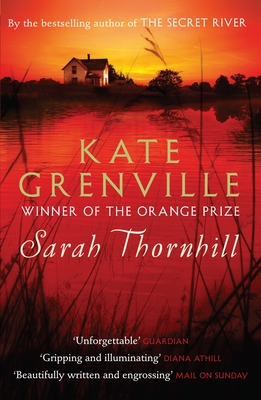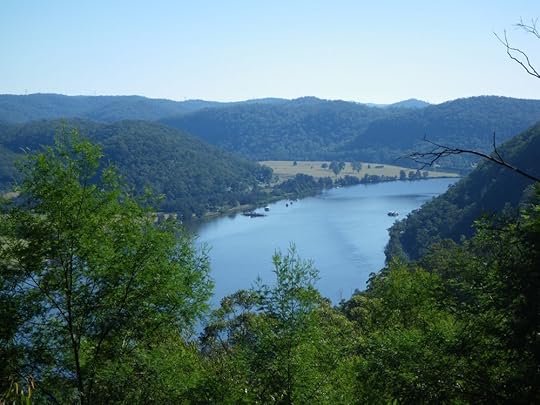What do you think?
Rate this book


310 pages, Paperback
First published January 1, 2011

[Pa] was almost shy of his own daughter, now that she was Mrs Archibald Campbell. When Archibald said something one day about a tutor for the child when the time came, Pa went quiet. You can wish for too much, I thought. You can want so much, you lose your own children and grandchildren. (p.164)The novel struck me as most true in its observations about belonging and not belonging--what it takes, what it feels like, how you know when you don't. "I might of thought I had the measure of these people I shared my life with," the narrator says, but when she spends an evening listening to the three Irish in her household play and sing,
I was the only one dry-eyed. That was what it was to belong to a place. To be brought undone by the music of the land where you'd been born. The loss as sharp a pain as mourning a lover. Us currency lads and lasses [=born in the colony] had no feeling like that about the land we called ours. It had no voice that we could hear, no song we could sing. Nothing but a blank where the past was. Emptiness, like a closed room, at our backs. (p.197)Perhaps that's why some of us went off searching for a place that would have us anyway, even though we weren't from there.